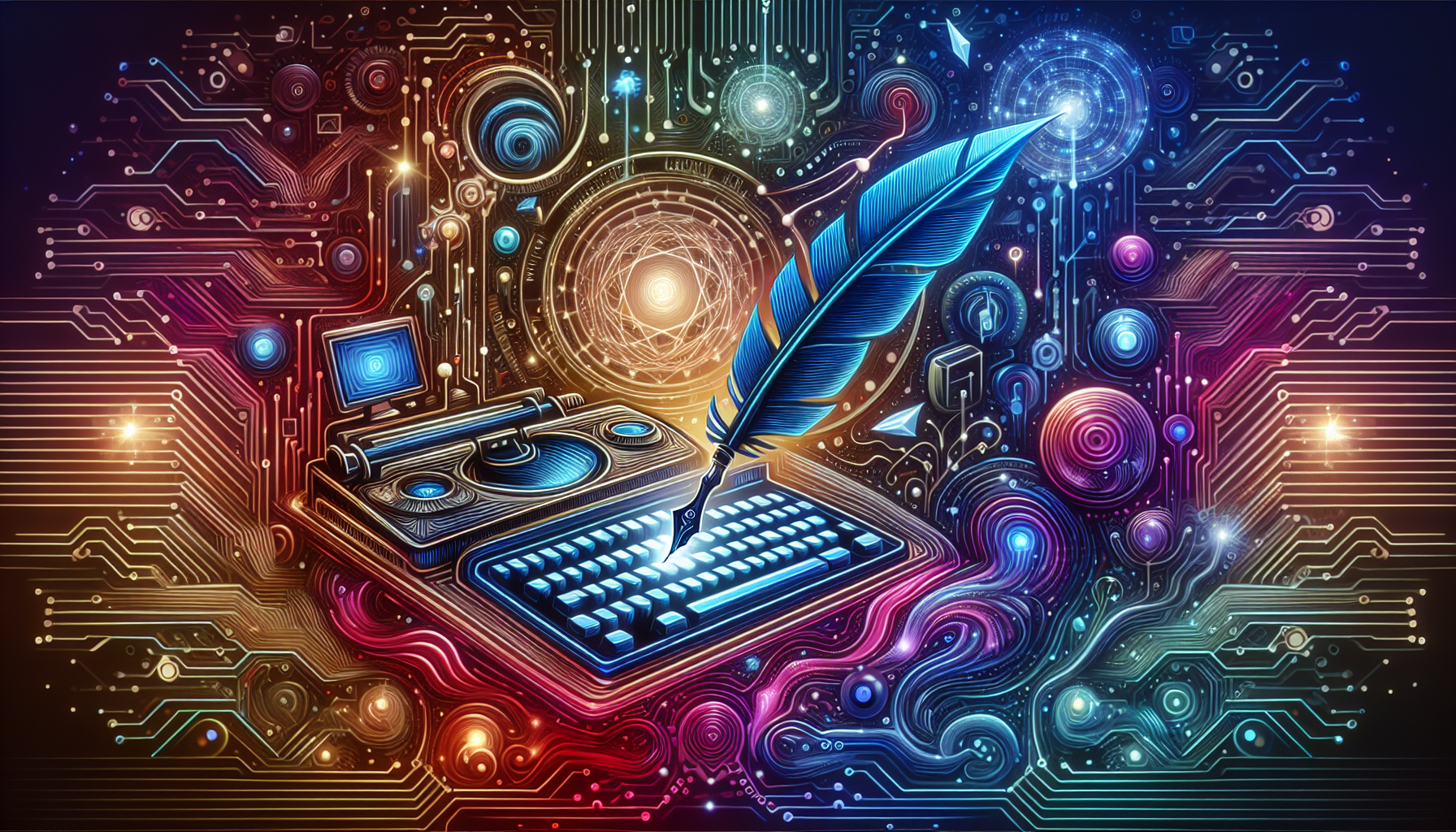
Unleashing Creativity with AI
The art of screenwriting, a field traditionally dominated by those with years of experience and connections in the industry, is witnessing a revolutionary shift. Thanks to advancements in Artificial Intelligence (AI), beginners in screenwriting now have powerful tools at their disposal that are transforming their approach to crafting compelling narratives. This technological breakthrough is not just changing how scripts are written but is also democratizing the screenwriting process, making it more accessible to aspiring writers worldwide.
How AI is Changing the Game
AI in screenwriting manifests itself through several innovative applications and platforms, providing budding screenwriters with functionalities that were once beyond reach. These tools leverage the power of AI to assist in various aspects of the writing process, from generating creative ideas to polishing a finished script.
Idea Generation
One of the initial hurdles for any writer is the daunting white page. AI tools are now capable of generating story ideas, character archetypes, and even plot twists, offering a jumping-off point for writers. By inputting certain parameters such as genre, tone, and themes, writers can receive a variety of creative prompts to kickstart their screenplay.
Structure and Format
Understanding the intricacies of screenplay format can be challenging for beginners. AI software comes to the rescue by ensuring that scripts meet the industry standards in terms of structure and formatting. These programs can automatically adjust dialogue, action descriptions, and scene headings, allowing writers to focus more on their creative expression.
Dialogue and Character Development
Crafting believable dialogue and well-rounded characters is essential for any screenplay. AI-powered tools can analyze existing movie scripts to provide suggestions on how to write realistic dialogue and create dynamic characters. Some platforms even enable writers to interact with AI characters to better understand their motivations and refine their character arcs.
Feedback and Revision
One of the most valuable aspects of AI in screenwriting is its ability to provide instant feedback. Through machine learning algorithms, these tools can suggest revisions, identify plot holes, and even predict audience reactions to certain scenes. This immediate feedback loop is invaluable for beginners, offering a type of mentorship that accelerates the learning curve and improves the quality of their scripts.
The Human Touch Remains Central
Despite these advancements, the essence of screenwriting remains an inherently human endeavor. AI tools are designed to assist and enhance the creative process, not replace it. The emotional depth, cultural nuances, and personal experiences that form the backbone of any compelling story can only come from the human mind. As such, these AI breakthroughs serve as collaborators, helping writers to unlock their full potential and bring their unique visions to life.
Embracing the Future
As AI continues to evolve, its role in screenwriting is set to expand, offering even more sophisticated tools for writers of all levels. For beginners, this means an unprecedented opportunity to jumpstart their screenwriting careers. By leveraging these AI advancements, they can navigate the complexities of screenplay writing with greater confidence and speed, ultimately leading to more diverse and compelling stories on our screens.
The transformation brought about by AI in screenwriting is more than just a technological novelty—it’s a beacon of hope for aspiring screenwriters everywhere. By democratizing the screenwriting process, AI is enabling a new generation of storytellers to share their narratives, ensuring a richer, more varied cinematic landscape for years to come.






